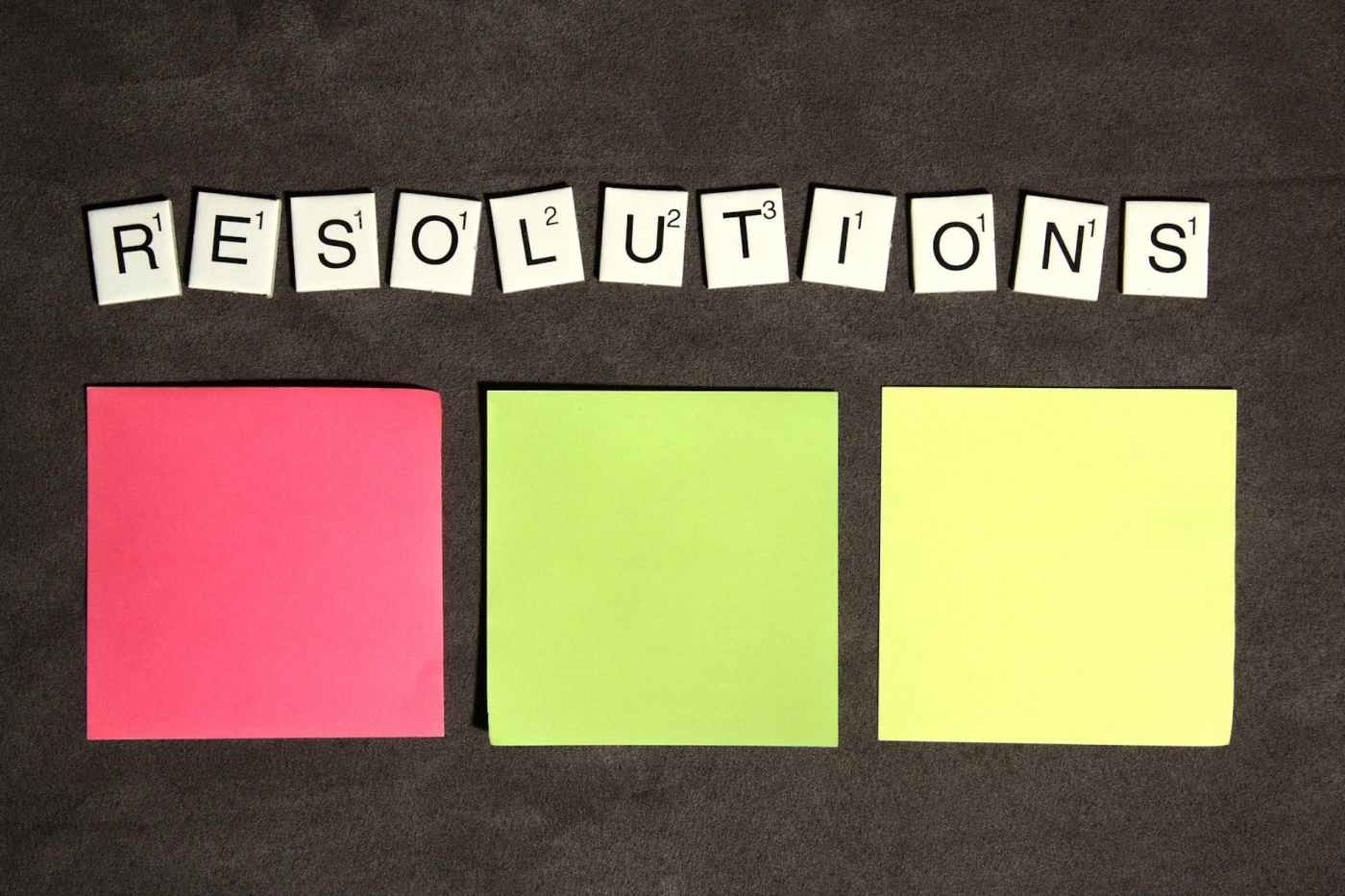Welcome back to the blog – and Happy New Year!
I hope that your 2023 has kicked off to a promising start! I know that for many people, the new year signifies good intentions and resolutions to start positive new habits (or to kick not-so-positive ones). Whether it’s dry January or Veganuary, it seems that we are often drawn to the clean snow feeling of the blank slate that is the new year.
I get this feeling too: the idea that the year is fresh and just waiting for me to “improve” myself in some way. But the reality is that one in four of us will fail our resolutions in the first week of January, whilst 43% don’t make it past February. In fact, only a staggering 9% actually see their new year’s resolutions through.
Many of the most popular resolutions include things like exercising more, eating more healthily, saving money, and cutting down on time spent on social media.
So why are these statistics so negative?
I think part of the problem is that we are often too vague in our resolution setting. Take “eating more healthily”, for example. What does that really mean? A far more measurable (not to mention achievable) goal might be to eat one extra piece of fruit per day. Or to cut out processed meals during the week. Or only ordering one takeaway per month, rather than every weekend.
Similarly, “exercising more” could mean anything! If you introduce a far more quantifiable habit like “swimming twice per week”, or “walking to work every day”, then this might make a resolution easier to stick to.
I think another issue is that we often punish ourselves by trying to give something up, rather than introduce something positive. An idea I heard along these lines this week was the “turn up / turn down” method. This suggests that instead of making grand gestures, start by looking at what you are doing now, and deciding what you would like to do more or less of respectively.
For example, you might already enjoy a regular yoga practice, but you would like to “do more” yoga, because of all the benefits it brings you. In that case, maybe committing to two classes a week rather than one would work for you. Whereas your negative habits might be scrolling through Instagram, so you might want to “do less” of this, introducing a plan to switch off your phone in the evenings instead.
Another reason for the failure of resolutions I think is the over-ambitious nature of them. For example, “quitting sugar”. This is a lofty goal, certainly, and one that I can’t help feeling might result in misery and failure. Something my husband has done in the past is to choose a monthly goal instead, similar to dry January. So it could be that you avoid sugary treats for the whole of January; February could be “walk 10,000 steps per day”; and so on. This allows for a much more achievable goal, and stops you from getting bored.
I haven’t made any specific resolutions this year, as I am definitely someone who craves something once I try to give it up! I am a bit better at starting new things than I am at giving them up. I do want to commit more time to the things I already enjoy doing, such as building my Substack community, reading books, and practising yoga.
As I have mentioned many times on the blog, I am constantly concerned that I don’t read enough books, compared to what I used to at least. I often feel distracted and there always seems to be something else to do.
With this in mind, and using the “turn up / turn down” method above, I am trying some simple strategies such as taking a book in my bag everywhere I go, and putting my phone away when I am at home. These might not seem like much, but by taking small steps, I’m hoping that the compulsion to pick up a book rather than my phone will kick in and re-circuit my synapses! This will also hopefully feed into my Substack writing.
Instead of of pushing myself to “do more yoga”, I am focusing on attending the two weekend yoga classes I love, and letting go of expectations to do more.
Hopefully, by increasing the things we love in our lives, we can all build better, long-lasting habits!
Here are some pieces of writing I’ve found interesting this week…
The BBC questions whether resolutions are powerful or pointless…Good Housekeeping suggests 65 ideas for the best resolutions to try…and this piece puts forward the science behind our resolutions!
See you next week : )

Leave a comment